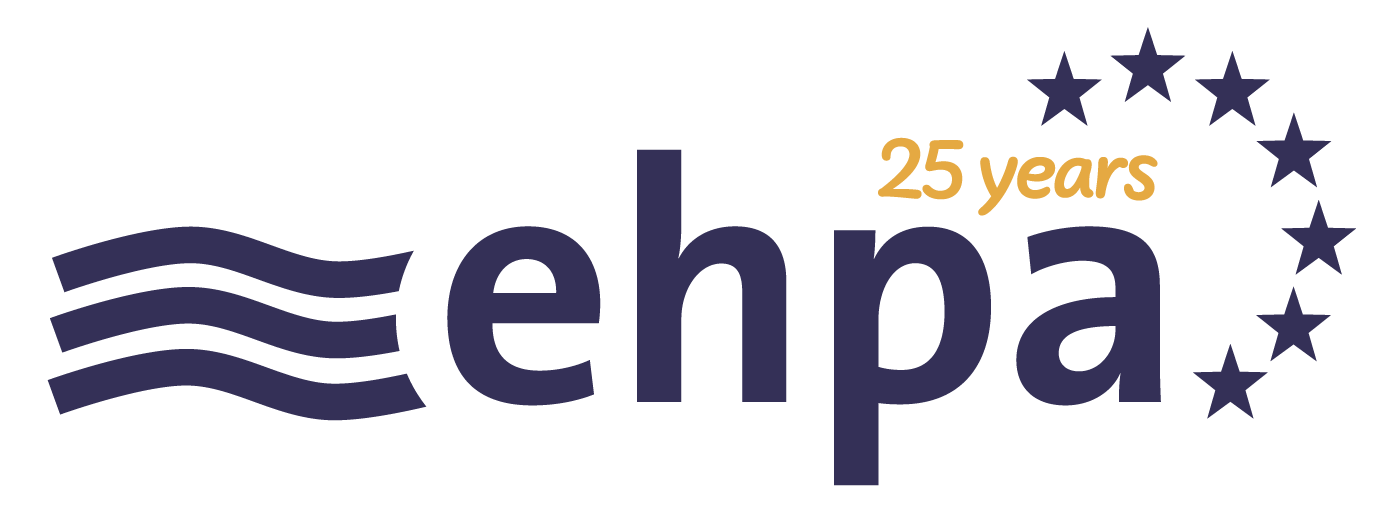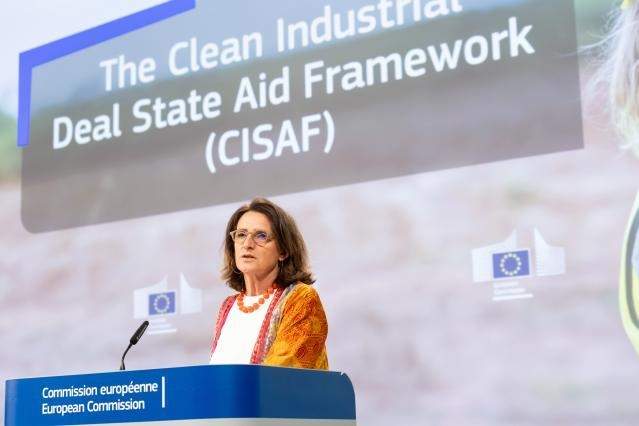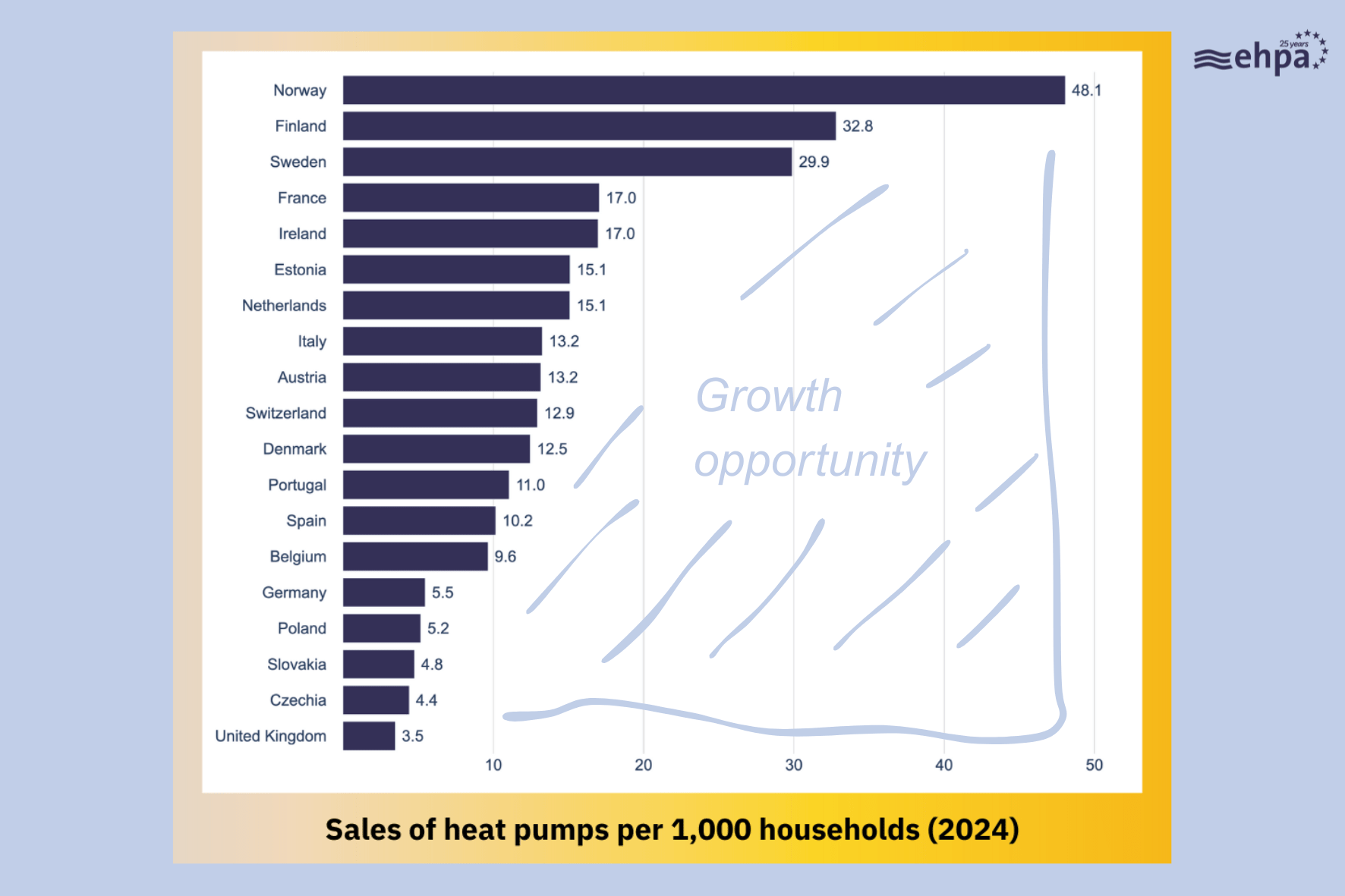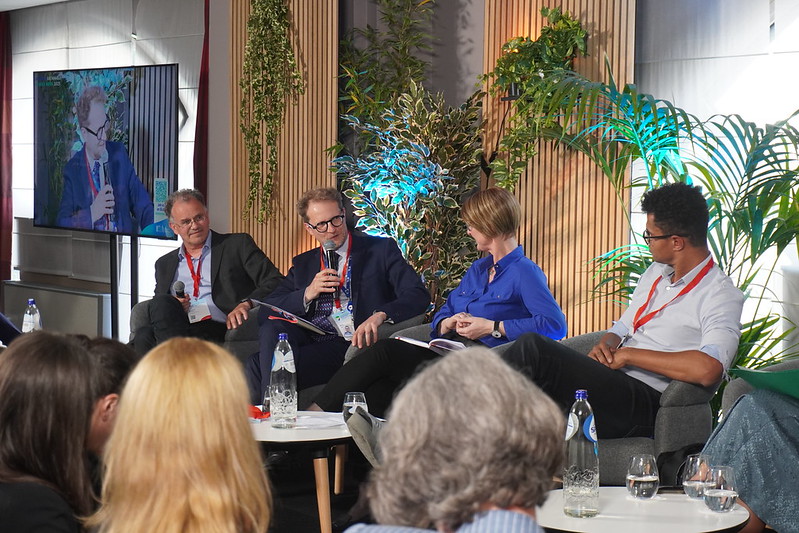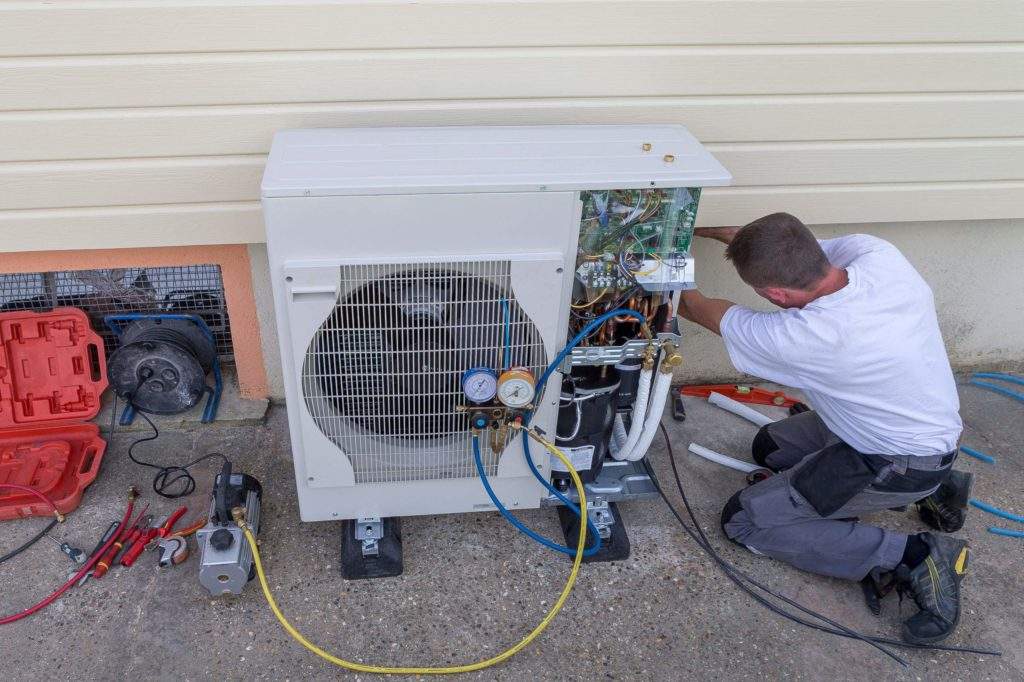Doubling the deployment of heat pumps to meet the EU’s targets will require over 500,000 trained professionals – including engineers and installers – by 2030.
So, how is the sector preparing for this challenge?
EHPA’s webinar on 21 May brought together key actors in Europe’s energy transition to address one of its most pressing issues: the growing skills gap in renewable heating.
As Europe strives to decarbonise and secure its energy future, heat pumps have emerged as a cornerstone technology, but their widespread deployment hinges on a skilled, future-proof workforce.
Jacopo Piccagli of Solar Power Europe opened the discussion with an overview of the Renewable Energy Skills Partnership – of which EHPA is a member – an initiative launched under the EU Pact for Skills , aiming to get public and private organisations together and encourage them to make concrete commitments to upskilling and reskilling adults.
His message was clear: Europe’s climate neutrality ambitions cannot be achieved without significant investment in human capital. With workers needed in renewable energy projected to rise from 1.47 million in 2021 to over 3.5 million by 2030, the importance of training up electricians, engineers, and installers has never been greater.
Among the most urgent gaps are 500,000 heat pump professionals and over 1 million solar PV workers needed by 2030.
The Renewable Energy Skills Partnership is addressing this challenge through a systemic approach: mapping workforce needs, developing EU-aligned certifications, and supporting modular vocational training.
Jacopo also mentioned another project that counts EHPA among its partners, RE-Skill4NetZero, aiming to develop training pilots and skills strategies across eight countries. The focus here is not only on technical knowledge but also on making renewable energy careers more attractive, inclusive, and future-oriented.
This broader perspective on skills is also the angle taken by two EU projects tackling heat pump challenges more directly.
First, Agathoklis Krimpenis from the Hellenic Mediterranean University presented Smart-Pumps, a Horizon Europe project aiming to revolutionise the design and manufacturing of heat pumps.
By integrating smart sensors, recyclable materials, and advanced manufacturing techniques, the project is developing next-generation components that are not only more efficient but also easier to mass-produce and maintain. With optimised heat exchangers, embedded intelligence, and a design-for-sustainability approach, Smart-Pumps is laying the groundwork for a new wave of circular, connected heating solutions.
From innovation in design, the conversation turned to safety and training on the ground. Nishant Karve of Daikin Europe shared progress on the SKILLSAFE-EU project, which is developing an industry-wide guideline for the safe handling of monobloc heat pumps using R-290 (propane), a refrigerant with strong environmental credentials but higher flammability.
Coordinated by Daikin and supported by EHPA, the project brings together more than 50 experts from manufacturers, associations, and training providers to co-create a European guideline and curriculum.
Through this initiative, over 100 workers will be reskilled or upskilled via 10 training sessions across the EU, and 50 installers will receive practical on-site risk assessment training. The project aims to reach more than 25,000 stakeholders and save 2.46 million tonnes of CO₂ equivalent annually by enabling safer and wider deployment of propane-based systems.
It also underscores the need for tailored, practical content – covering everything from personal protective equipment to identifying site-specific risk zones – while calling on policymakers to integrate these measures into national frameworks.
Bringing all the threads together, Melanie Auvray of the European Heat PUmp Association (EHPA) closed the event with a strong call to action. As she explained, the European Commission’s Heat Pump Accelerator platform initiative, of which EHPA is a partner, is actively mapping more than 50 training courses across EU Member States, identifying best practices and gaps.
Article 18 of the revised Renewable Energy Directive (RED III) now requires Member States to ensure sufficient numbers of qualified installers for renewable heating, making the availability and quality of training a legislative issue as much as a market one.
Auvray emphasised that reaching Europe’s target of 60 million heat pumps will not be possible without addressing the skills bottleneck. It is essential to consider the next generation of green workers and to improve gender balance in the sector.
There are good practices to build on, such as Ireland’s Domestic Heat Pump Installation Incentivisation Scheme, launched in August 2024, which pays plumbers to retrain.
Campaigns to attract new talent – particularly young people and women – must go hand in hand with robust training systems and clearer career pathways.
From cutting-edge research and development to hands-on training, the webinar made it clear: when it comes to scaling heat pumps across Europe, skills are not a side issue – they are the foundation.
Curious to learn more about the installers’ landscape? Join the European Heat Pump Association at the Installer Show in Birmingham, UK, on 25 and 26 June 2025!
